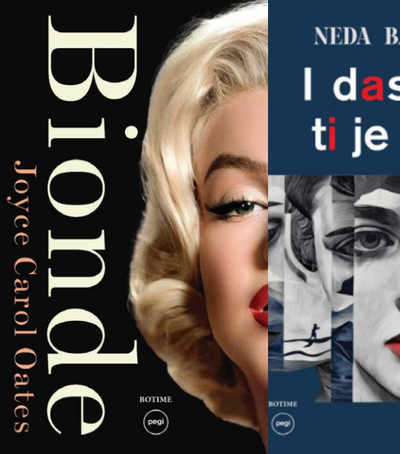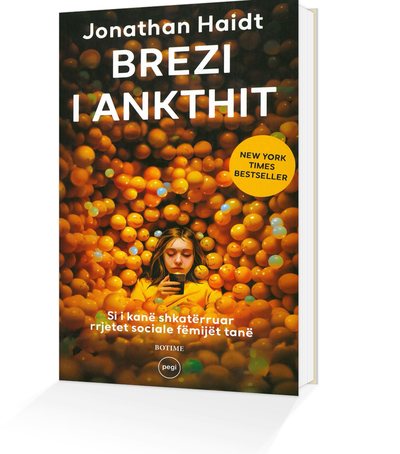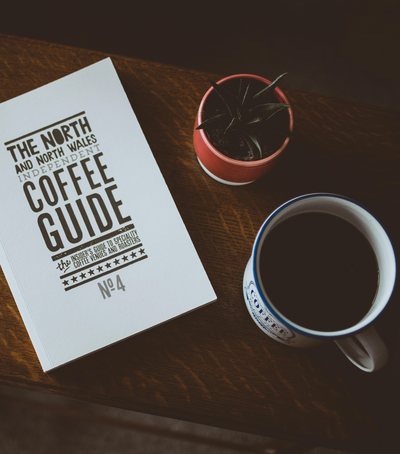
Modern man and the anxiety of the age of speed
In the age of social media, non-stop work, and information overload, the human mind is facing new challenges. While technology has brought us closer to the world, it has often distanced us from ourselves. Modern psychology seeks to understand this imbalance – how to live in a time that doesn't let us stop, without losing our inner balance.
Here are some books that help you read the brain, emotions, and human relationships with a new and profound understanding.
"Thinking, Fast and Slow" - Daniel Kahneman
A masterpiece of modern psychology, revealing the two ways humans think: fast, intuitive, and emotional thinking, and slow, rational, and logical thinking. Kahneman explains how we often act not on reason, but on unconscious impulses. This book is a journey into the psychology of decisions, biases, and self-deception.
"The Body Keeps the Score" - Bessel van der Kolk
A work that has revolutionized modern therapy. The author, one of the most renowned trauma researchers, shows that the body stores memories that the mind tries to forget. Through real-life examples and body-based therapy, he teaches us how to understand the stress, anxiety, and trauma that live within us—and how we can heal them through the mind-body connection.
"Attached" - Amir Levine & Rachel Heller
A practical and shocking guide to the psychology of modern relationships. The book explains the three types of emotional attachment – ??secure, anxious, and avoidant – and how these patterns from childhood influence our adult relationships. A must-read for anyone who wants to understand love beyond romance – as an emotional and biological need.
"Emotional Intelligence" - Daniel Goleman
One of the books that changed the way we understand success. Goleman argues that emotional intelligence – the ability to understand and manage feelings – is just as important as logical intelligence. He shows how empathy, self-awareness, and the ability to regulate emotions are keys to mental health and balanced relationships.
"Lost Connections" - Johann Hari
A profound reflection on depression and anxiety in the modern world. Hari argues that mental health problems stem not only from brain chemistry, but from a lack of connection with oneself, others, and nature. The book offers hope and a new way of looking at healing through a sense of belonging and purpose.
"Stolen Focus" - Johann Hari
Another important work by the same author, which addresses the global concentration crisis. Why are we no longer able to focus? How do social networks, the pace of life and mental fatigue affect our ability to think deeply? Hari brings facts and ideas to regain control over attention – the most valuable tool of the digital age.
"Maybe You Should Talk to Someone" - Lori Gottlieb
A book that mixes literature with therapy. The author, a psychologist, recounts her experiences with patients and her therapist, showing that even those who help others need help. A read that makes you laugh and reflect on the humanity in every feeling.
These books are a mirror of the modern mind – complex, sensitive, often tired, but always searching for meaning. They teach us that stress, anxiety and relationships are not enemies, but words of a mind that wants to be heard.
In the end, psychology is not just a science – it is the art of understanding the human being beyond words.
Photo by Jeremy Levin: https://www.pexels.com/photo/person-holding-smartphone-taking-picture-of-bridge-during-daytime-122383/





